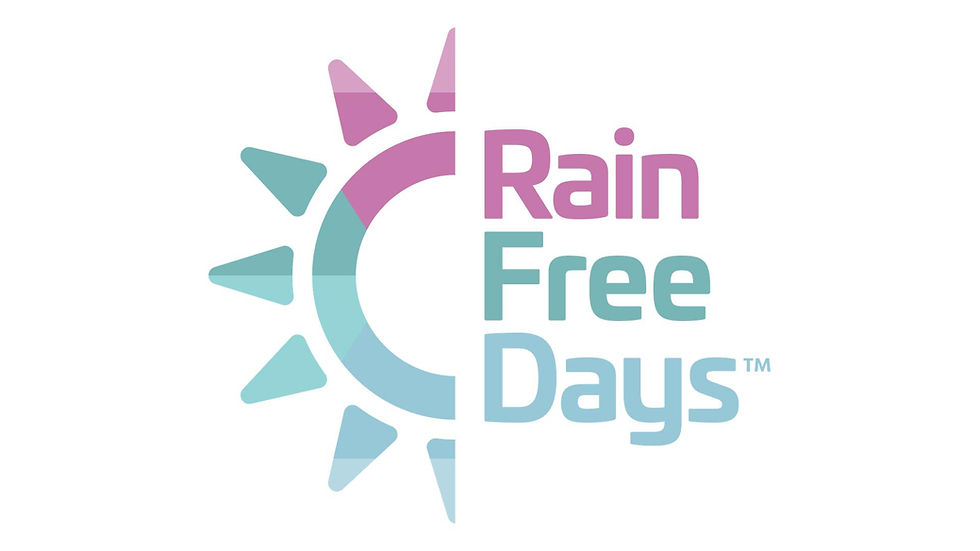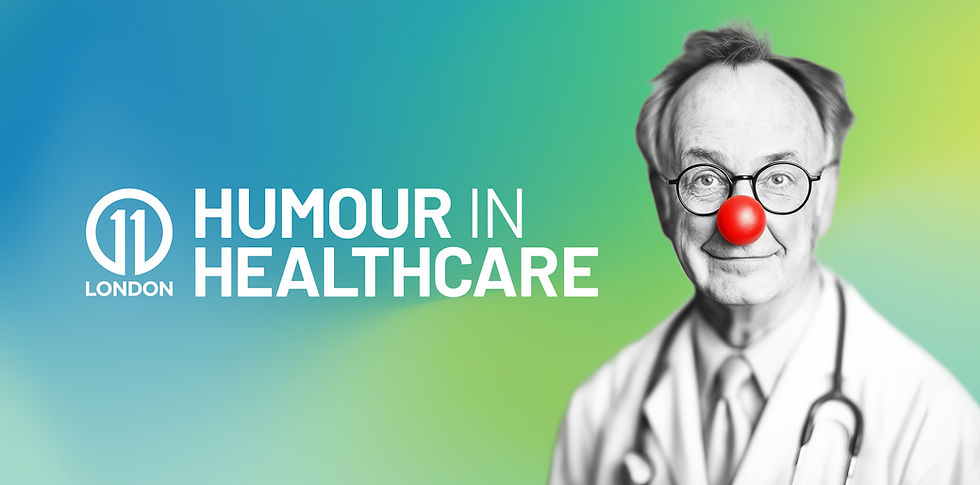Celebrating World Book Night
- matthewhunt123
- Feb 14, 2022
- 5 min read
April 23rd is World Book Night, an annual celebration of reading which aims to unite book-lovers and inspire them to read even more widely. It was created by The Reading Agency, a charity working to enable a world where “everyone is reading their way to a better life, irrespective of age or economic background”. They believe reading can help us tackle life's big challenges, from social mobility to mental health.
We might take being able to read and access books for granted – but it’s a privilege, a golden ticket to unlimited knowledge and an infinite source of wisdom. It’s also a key route out of poverty. Literacy is a fundamental human right and yet, according to UNESCO, there are 773 million illiterate adults around the world.
Books can be educational or entertaining, an escape or a safe place. They impact our mental health just as powerfully as they do our education. Did you know that reading can reduce stress by up to 68%?*
Whether you’re into fiction, non-fiction, and/or everything in between, we’re inviting you to share your own book suggestion on the 23rd. And to get you started, here are some of ours….
Helen, Business Director:
GUT - the inside story of our body’s most under-rated organ, by Giulia Enders

This book changed the way I thought about my body!
I learnt all about how intuition is real and rooted in our stomachs - we don’t just feel with our hearts, we really do feel with our stomachs. And about just how important a healthy digestive system is - and all that healthy bacteria that yoghurt companies like to tell us about. From what our poos can tell us, to how gut health affects our mental health, this book has it all. Once you’ve read it you’ll never want to be without a foot stool next to the loo again!
And did I mention that it has delightful sketches, too - lots of frolicking bacteria and cartoon characters to bring the theories to life.
Matthew, Managing Director:
Do No Harm, by Henry Marsh

Henry Marsh is a brain surgeon who rose up through the ranks of the NHS to be very senior, but kept his humanity throughout. As someone who battled with mental health issues when young, who nearly lost his own child to a brain tumour, and is right now battling with terminal cancer, he knows more than most how the emotional aspects of health don’t always sit easily with the professional and political aspects of the job. Despite the heavy themes explored, he keeps a good sense of humour throughout and it’s revealing about how the NHS works, and when it doesn’t. (Poignantly, he is now campaigning for the right for people to be able to terminate their own lives if they have a terminal illness.)
The thought that stayed with me is about how he deliberately remained detached when he was doing his job. He didn’t get close to patients emotionally as he felt he couldn’t then do the best job - as his hand would literally be shaking too much! I listened to him being interviewed on Desert Island Discs and one of his chosen songs was ‘Better not look down’ by BB King, with the lyric:
You better not look back or you might just wind up crying
You can keep it moving if you don’t look down.
Emma, Project Manager:
Factfulness: Ten Reasons We’re Wrong About the World—And Why Things Are Better Than You Think, by Hans Rosling

Hans explores the misconceptions that people have about the world – whether it’s global poverty, epidemics, war, or terrorism. He identifies ten instincts that mistakenly lead us to embrace an exaggerated, inflexible and unjustifiably pessimistic view of the world and human progress. He then offers practical suggestions to help you to overcome these thinking habits. This book highlights how important it is not to form fixed opinions until you have strong supporting facts (very relevant to the advertising world, where we’re constantly testing and learning!). Hans also forced me to view the world, despite its imperfections, as being in a much better state than I initially thought.
Of course, that doesn’t mean there aren’t serious concerns. But when we worry unnecessarily about everything instead of adopting a world view based on facts, we become short-sighted, which can stop us from focusing on the things that threaten us most. Negativity is also paralysing – it doesn’t motivate you to take action to positively improve things. When I applied his thoughts to the charity campaigns we run, it made me take a step back and consider focusing our comms more on the solution, and the positive progress that has been made around an issue, rather than always highlighting the ‘need’. This book is exactly what you need if you’re feeling a bit down about the world and the progress we humans have made. It gives you a renewed sense of hope that we are heading in a positive direction - exactly what everyone needs, coming out of a global pandemic! A quote that I always remember is – “Remember: things can be bad, and getting better.”
Florine, Project Manager:
Maybe You Should Talk to Someone, by Lori Gottlieb

Have you ever wondered how a therapist thinks? How do they deal with their own problems when their job is to help others solve theirs? Do they have any?
This memoir, by the American therapist Lori Gottlieb, gives us an honest insight into her life and thoughts, as well as useful insights on human psychology and therapy techniques. This open conversation about life struggles and mental health is compassionate and informative. Yes, therapists themselves sometime need therapy. In this memoir, Lori shares her experiences of going to therapy herself, and of analysing her therapist, herself and her clients.
With many life stories and scenarios explored - touching on grief, depression, relationships and more – you will surely find themes and advice you can relate to and empathise with.
Here are two quotes that really stuck with me: “Between stimulus and response there is a space. In that space is our power to choose our response. In our response lies our growth and our freedom” and “Above all, I didn't want to fall into the trap that Buddhists call idiot compassion - an apt phrase, given John's worldview. In idiot compassion, you avoid rocking the boat to spare people's feelings, even though the boat needs rocking and your compassion ends up being more harmful than your honesty. People do this with teenagers, spouses, addicts, even themselves. Its opposite is wise compassion, which means caring about the person but also giving him or her a loving truth bomb when needed.”
If you’d like to donate to The Reading Agency and support this worthy cause, please click here.
About 11 London
11 London is an advertising and communications agency, based in West London. We work in the areas of health and humanity - with organisations, brands or products that improve or prolong life. To learn more about 11 London, please contact:
*Source: https://www.takingcharge.csh.umn.edu/reading-stress-relief




